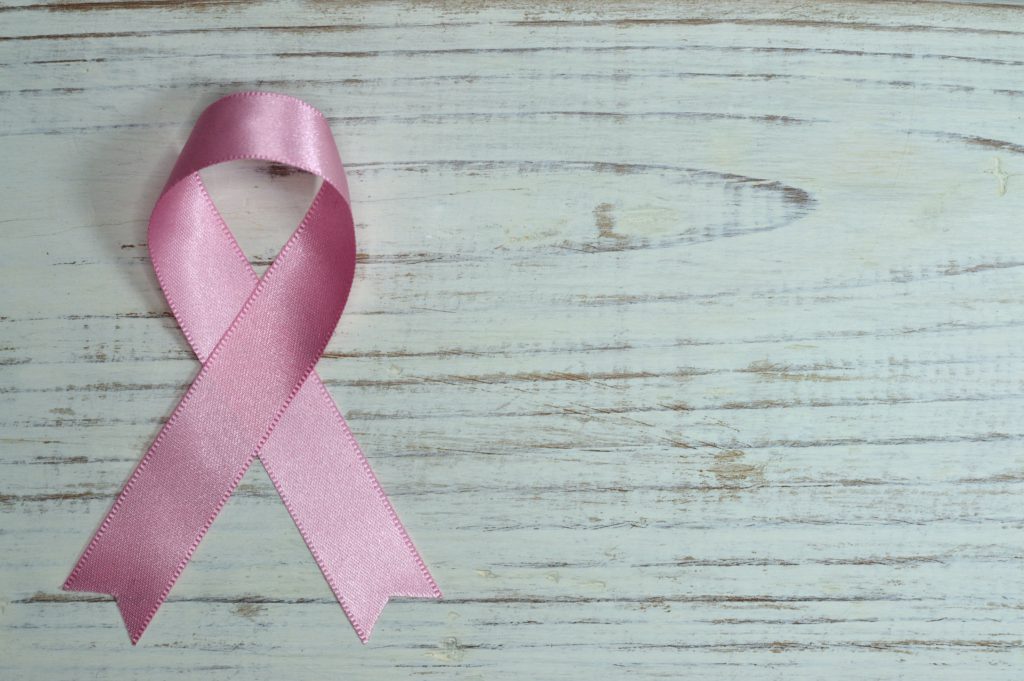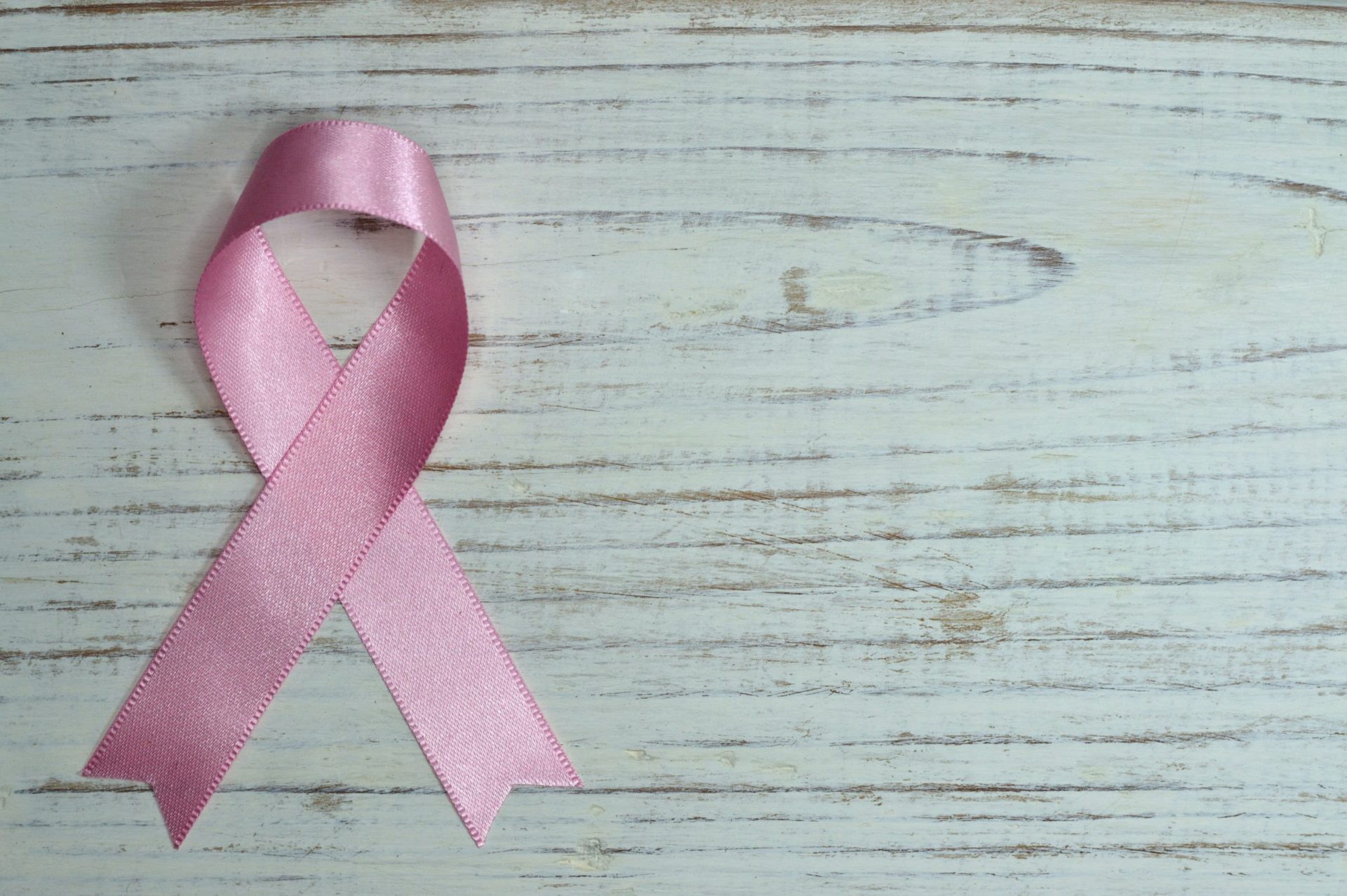
According to the CDC, breast cancer is among the most common forms of cancer for adult women. Naturally, early detection should be a priority, especially for those with risk factors, such as a family history of the disease.
Since breast cancer is usually asymptomatic in its early stages, routine breast cancer screening is important. If you are an adult woman, you may have wondered: will breast cancer show up in a blood test? Though some blood tests can detect tumor biomarkers in people with cancer, there is no standardized blood test for breast cancer yet.
Continue reading to learn about the blood tests that can be used as preliminary breast cancer screenings and how this cancer is normally diagnosed. Click here to book an appointment for blood work such as a CBC test.
Breast Cancer Diagnosis
The primary method for diagnosing breast cancer is a physical exam followed by special imaging tests. Blood tests for breast cancer are more commonly used to determine the stage of cancer already detected.
To conduct a physical exam, your doctor will examine your breasts and armpits, checking for lumps or swollen lymph nodes. A mammogram or breast x-ray is the most common imaging test that your doctor will order if they detect anything unusual during the physical exam.
An ultrasound can also be used in preliminary screenings to determine whether a lump is solid or full of fluid. Solid masses could be cancerous, while other potential abnormalities like cysts will look different on the ultrasound. An MRI may also be used to detect abnormalities.
Finally, your doctor may test a tissue sample of your breasts using a test called a biopsy to determine whether the results of the scan indicate cancer. They will use a special needle and an image scanner to extract tissue from deep in the breast that can be used for the test.
Significantly, a breast cell biopsy is the only way to definitively diagnose breast cancer.
Will Breast Cancer Show Up in a Blood Test?
Blood tests cannot diagnose breast cancer because they cannot definitively detect it. However, several types of blood tests could be used to assess risk factors for breast cancer, to indicate the need for definitive cancer screening, or to stage cancer that has already been found.
Examples of such tests include:
- Genetic blood tests could be indicated in patients with a family history of breast cancer. These tests detect hereditary mutations in genes that have been commonly associated with breast cancer risk, such as BRCA1.
- Biomarker tests look for the blood markers associated with tumor formation, which are higher than average in some patients that have cancer. Examples include cancer antigen 125 and the HER2/neu protein. Since the test differs depending on the type and stage of cancer the patient has, other detection methods are usually needed first.
- Complete Blood Counts or CBCs are common blood tests that assess the counts of various cells in your blood, including abnormal cells produced by the presence of cancer or abnormal amounts of normal cells that could indicate it. A CBC is not a diagnosis, but it could lead to further testing.
- Tumor-associated antigen tests aim to detect certain autoantibodies in a patient’s blood that are associated with the formation of breast cancer to gauge a person’s risk. However, these tests are still in the research stages and would not be used to diagnose breast cancer.
The Takeaway
Breast cancer itself will not show up in a routine blood test, nor are there any specialized tests that have been standardized for detecting breast cancer. However, some blood tests can indicate the presence of risk factors that lead doctors to diagnose breast cancer in their patients.
As more research is conducted, blood tests will become a more significant diagnostic tool in breast cancer screenings. Speak with your doctor to find out if any of these tests are right for you.
Speedy Sticks is a mobile concierge phlebotomy service that provides at-home blood draws and on-site diagnostic/health screenings for businesses and individuals. To book an appointment for the blood test your doctor recommends click here.
*This content is for informational purposes only and is not meant to replace consulting with a healthcare professional. Please consult with your primary care physician or healthcare provider before engaging in any services offered by Speedy Sticks.
**These are approximations, and experts disagree on some values. Consult your healthcare provider for recommendations suitable for you. It is also important to ensure the levels are given in the same measurements, such as mg/dL, etc.





